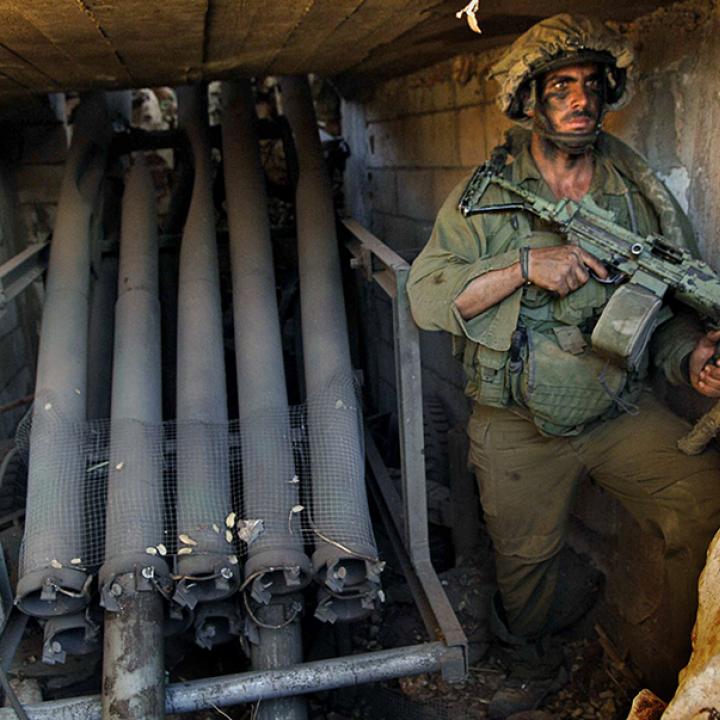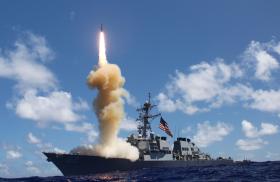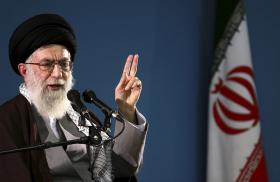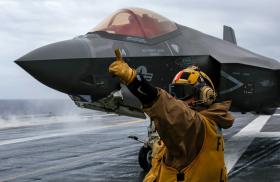
- Policy Analysis
- Articles & Op-Eds
On Hezbollah’s Disarmament, Israel Will Not Compromise
Also published in National Interest

There will be no peace, sovereignty, or reconstruction for postwar Lebanon until more of the group’s weapons are confiscated, but Beirut appears increasingly unwilling to tackle that task outside the southern frontier zone.
At the Sharm El-Sheikh signing ceremony, President Trump touted the Gaza ceasefire as a “new beginning for an entire beautiful Middle East” and predicted the imminent expansion of the Abraham Accords. Just hours after Sharm, Lebanese president Joseph Aoun announced that he was open to negotiations with Israel, raising hopes that Beirut might be next to board the peace train. Regrettably, the optimism is premature. A resumption of war with Hezbollah is more likely. The Lebanese Armed Forces is collecting weapons and dismantling Hezbollah infrastructure in the south of the country, but Beirut is balking about undertaking its obligations in the north. Since the ceasefire began, Israel has been targeting Hezbollah operatives and arms caches, striking Lebanon on an almost daily basis. Absent progress on disarmament, Israel will resume its campaign against Hezbollah in full...



